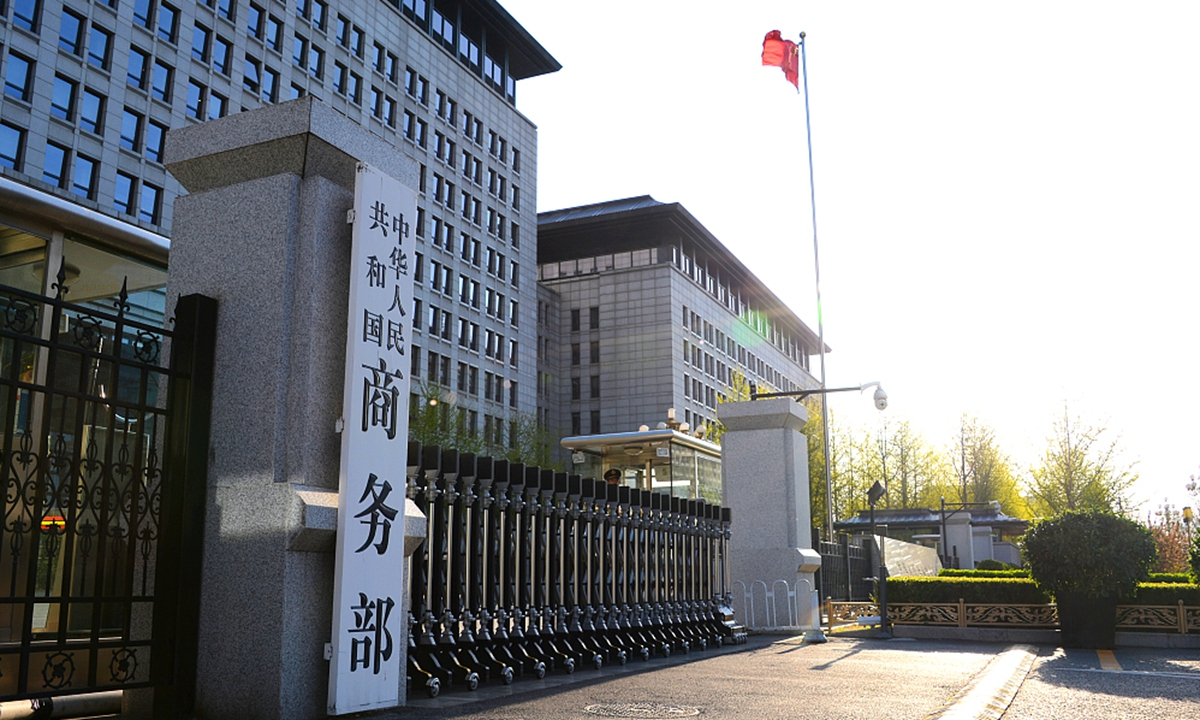AI Enters Apartment Market: Leasing, Showings, Work Orders

The surge of artificial intelligence (AI) into the apartment market marks a transformative moment in the real estate landscape, redefining how landlords, tenants, and investors interact. As we move into an era where apathetic rental practices and cumbersome manual operations are increasingly being replaced by sophisticated, automated solutions, this trend represents not just a technological evolution but a potential revolution in property management. The implications of these changes are considerable, shaping expectations around efficiency while also catalyzing greater investment interest, particularly among venture capitalists seeking to capitalize on this burgeoning niche.
AI’s integration into the apartment market encompasses a variety of operational facets: from automating work orders and streamlining lease renewals to enhancing tenant application processes through virtual agents. A clear indicator of this shift is the growing reliance on advanced machine learning systems and software to facilitate investor due diligence. For example, instead of manually sifting through leases, investors can leverage AI to compile essential data seamlessly, substantially reducing the time required for underwriting. With multifamily operators managing an estimated 50 million rental units in the U.S., and the operational landscape comprising many fragmented small landlords, this innovation not only promises efficiency gains but also opens the door to enhanced data-driven decision-making.
However, while the prospects of AI in real estate are promising, the sector must navigate certain challenges. One significant issue is the widespread fragmentation in the market, with a large proportion of rental units still under the management of small, often less tech-savvy landlords. Can these smaller operators integrate such advanced technologies into their processes, or are they fated to become increasingly marginalized? This disparity could lead to unintended consequences, such as potential market consolidation around larger tech-savvy players, which may exacerbate housing access inequalities in the long run. Investors and regulators alike must remain vigilant, as the pace of technological adoption could bring about regulatory challenges and questions regarding data privacy and ethical considerations within automated systems.
Read These Next

China Takes Canada to WTO Over Steel Import Restrictions
China has filed a WTO lawsuit against Canada over import restrictions on Chinese steel, citing unfair trade practices.

China Shenhua Announces Mid-Term Profit Distribution Plan for 2025
China Shenhua plans to distribute no less than 75% of H1 2025 net profit, highlighting commitment to shareholders and future growth.

Growth Challenges in Suzhou Agioe Technologies' Report
This commentary analyzes the annual report of Suzhou Agioe Technologies Co., Ltd, focusing on recent business changes, financial trends, and associated risks within a context of China’s tech sector dynamics.
